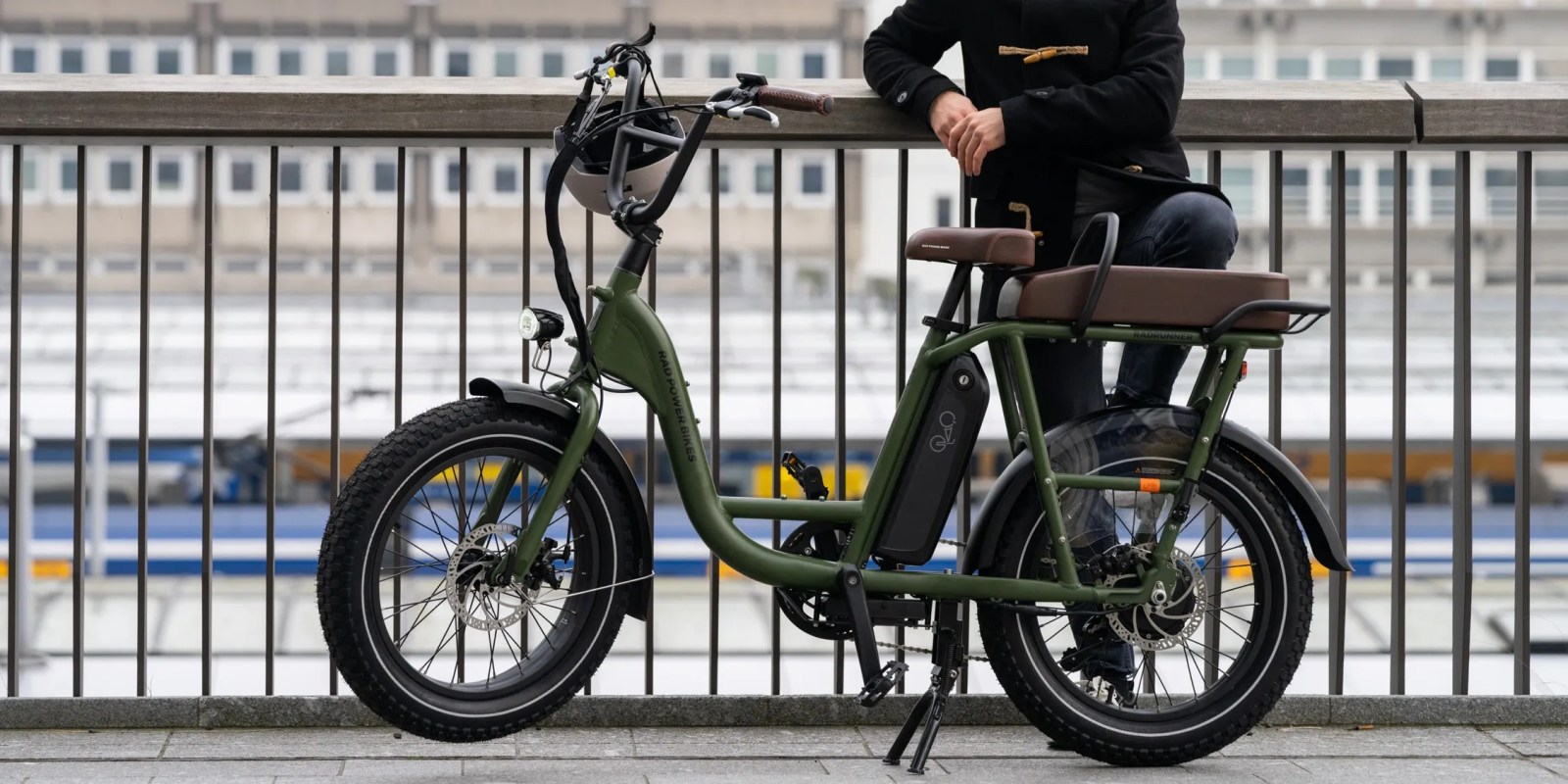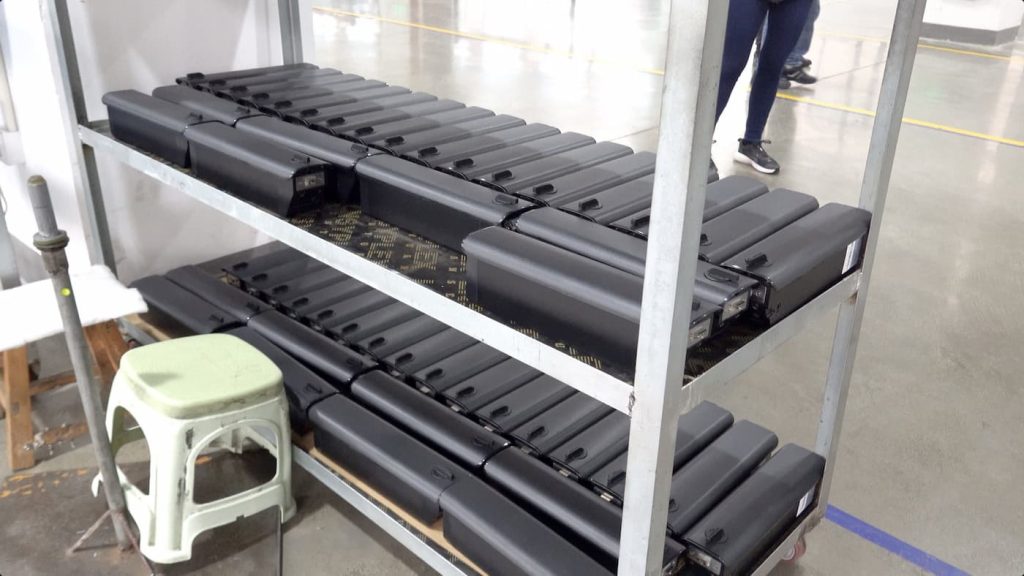
As electric bicycles continue to grow in numbers in the US, so too have concerns over the safety of their lithium-ion battery packs. A new safety standard just passed in China may soon have a considerable impact on e-bike fire safety.
E-bike battery fires, while exceedingly rare, have become a major concern in the US with significant news coverage. NYC is often seen as the epicenter of e-bike battery fires due largely to the large population of e-bike delivery riders and the low-quality Chinese batteries used on such bikes. Delivery riders’ e-bikes usually feature inferior-quality batteries in order to reduce costs to their owners, who use them to perform low-wage delivery jobs.
Keeping the issue in perspective, more deaths in NYC are attributed to space heater fires each year than e-bike battery fires, but the rapid growth of e-bike use in the US means that fire safety will continue to be a growing concern.

With the vast majority of battery fires originating from poorly produced Chinese batteries designed for ultra-cheap e-bikes and e-scooters, it appears the Chinese government is attempting to address the issue head-on. The country just passed new technical standards for the production of lithium-ion batteries like those used in micromobility devices.
Known as the “Safety Technical Specification for Lithium-ion Batteries Used in Electric Bicycles,” the standards regulate the design, production, and sale of lithium-ion batteries for e-bikes.
The regulations specifically address technical concerns relating to production quality and fire risk, and cover 22 specific aspects of the batteries’ design and manufacturing. Issues addressed include battery over-charging and over-discharging, external short circuits, thermal abuse, battery punctures, and several more key areas.

Enforcement of the new standard is expected to begin on November 1, 2024. After that date, no lithium-ion batteries for electric bicycles will be permitted for sale in the country without conforming to the new standard.
The standard currently only addresses the domestic market, which is much larger than China’s e-bike battery export market. There are an estimated 350 million e-bikes on the roads in China, with tens of millions produced each year. In fact, some major Chinese manufacturers alone produce tens of millions of e-bikes and e-scooters each year.
How could the Chinese standard impact US e-bikes?
The vast majority of US-based electric bicycles and their components originate in China. I’ve personally visited several such Chinese factories to see the scale of production that many of these massive suppliers have achieved.
Top comment by Matthias Fl
Well, if the Chinese domestic market is much bigger than their export, and if there is a surplus of non-compliant batteries in 2024, the dubious stuff will be exported. It's possibly lower quality than what was exported before, and larger quantity. So beware in 2024/25 until "complies to the new law" equipment is available.
The new Chinese e-bike battery standards are expected to change how electric bicycle batteries are produced in China. Many of the major suppliers of higher-quality batteries likely already meet or exceed the new standards, but the budget-priced batteries known for cutting corners in pursuit of lower costs will likely be weeded out by the regulations.
Unlike in the West, where penalties for breaching standards are often less severe, the Chinese government is more heavy-handed with its control over both private and state-related manufacturing businesses. While that comes with its own litany of issues, it also has the advantage of companies generally respecting and conforming to regulatory standards. That means it likely won’t take very long for battery manufacturers not already meeting these new safety standards to either upgrade their designs and manufacturing or else close down production and switch industries.
Importantly, it appears that the regulations will only apply to China’s domestic market, not products intended for export. However, with China’s market for e-bike batteries dwarfing the rest of the world, it likely won’t make sense for factories to maintain separate production lines and designs for a much smaller export market. Instead, this could very well be a case of a rising tide lifting all ships, where an increase in the manufacturing standards for local e-bike batteries means that export batteries will also come from the same improved production lines.
FTC: We use income earning auto affiliate links. More.






Comments